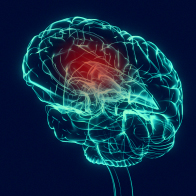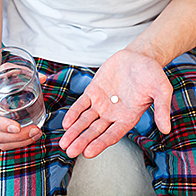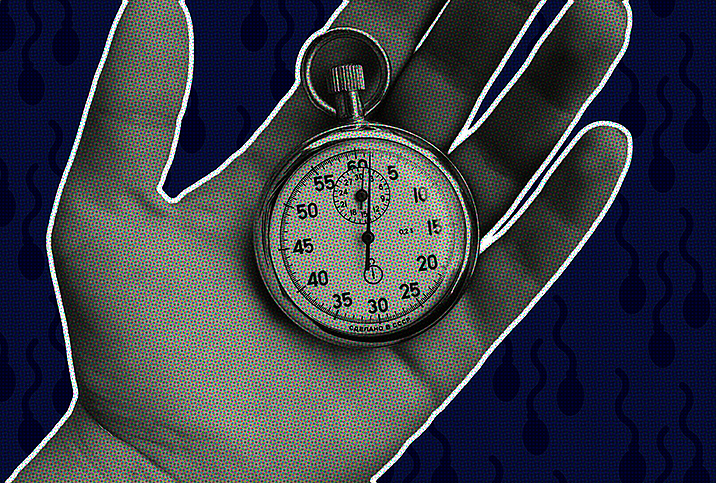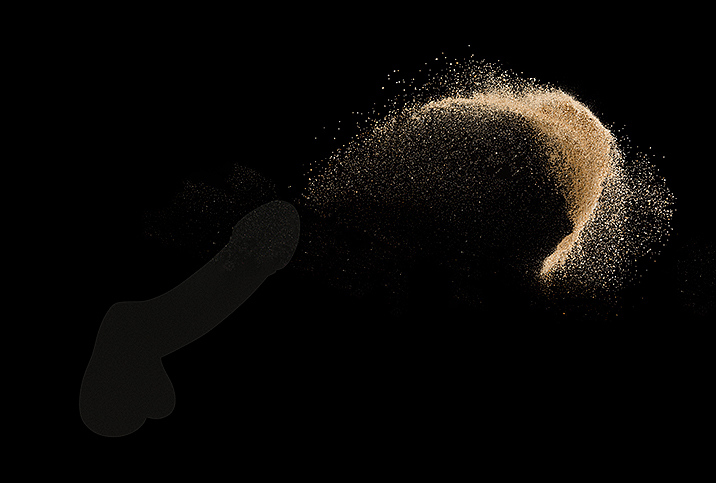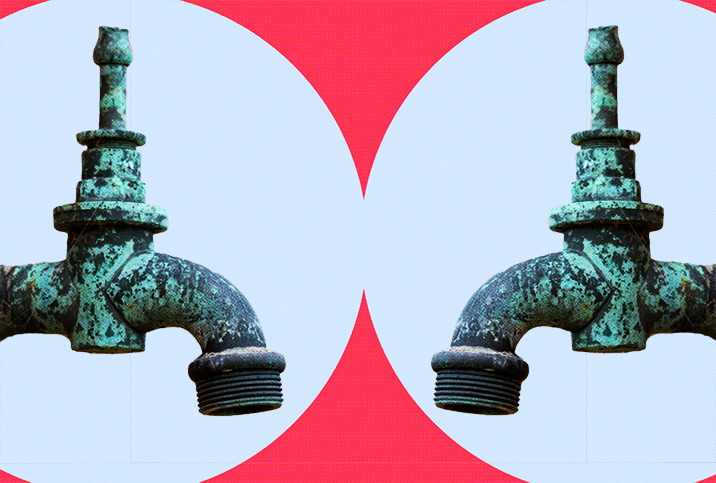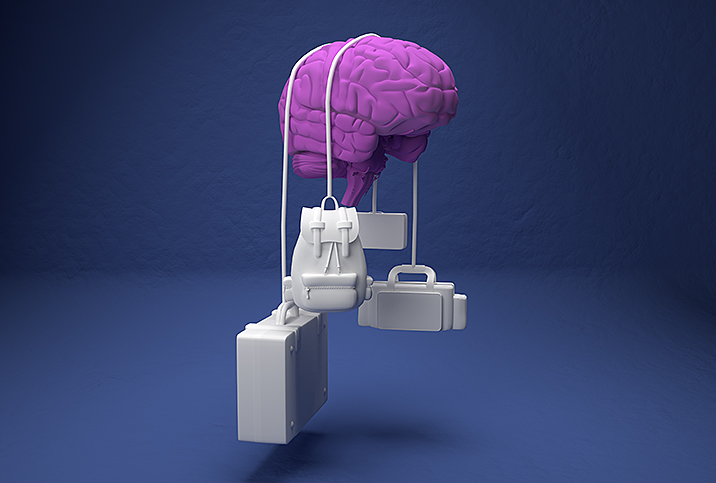When the Thrill Is Gone: What is Sexual Anhedonia?

Orgasmic. It's a word that, by definition, likens an experience to orgasm, a pleasure so ubiquitous it rarely requires explanation when used as a metaphor. "How was your tiramisu?" the waiter at a fancy Italian restaurant might ask, and when you say, "It was orgasmic," she understands you enjoyed the dish immensely. (Of course, she might also give you a funny look.)
Researchers have long examined why, exactly, orgasms feel so good in the first place. One study published in 2016 sought to evaluate the evolutionary history of orgasm. In essence, researchers concluded that orgasms feel good because we are biologically designed to reproduce and, therefore, evolving to feel pleasure at the peak of sexual release benefits the continuation of a species.
While scientists still have much to learn about how the human brain experiences pleasure, we can almost universally agree that orgasms are highly enjoyable.
Almost.
Naturally, there are always exceptions to the norm, and unfortunately, orgasmic pleasure isn't as universal a constant as gravity. For some people, orgasms aren't pleasurable at all.
Going without pleasure
The common term for this condition is sexual anhedonia, using a Greek-derived word meaning "without pleasure." Some people in the medical field refer to it as pleasure dissociative orgasmic dysfunction (PDOD), and though the condition appears in both sexes, it is more common in men. Notably, PDOD isn't the lack of orgasm or a fancier term for erectile dysfunction (ED). Men experiencing sexual, or orgasmic, anhedonia can still get erections and produce ejaculate—they simply feel no pleasure from it.
Think of the commonly cited misconception, "a sneeze is one-eighth of an orgasm," a connection drawn due to the release of endorphins during both sensations. To someone experiencing sexual anhedonia, an orgasm is less a pleasurable release and more an involuntary spasm.
'There are countless possible causes of male anorgasmia.'
A team of researchers at DelveInsight, a Las Vegas-based healthcare market research company, discovered "there are countless possible causes of male anorgasmia, ranging from physiological problems present at birth to side effects from surgery or medications to psychological issues." Examples of these factors include low testosterone levels, oral contraceptives, high prolactin levels, spinal cord injuries and mental health issues such as depression, among others.
DelveInsight researchers also found that men who experience orgasmic anhedonia often have dysfunction with the regulation of dopamine in the region of the brain's nucleus accumbens, the section responsible for motivation and action, which plays a role in sex, stress management, eating, self-administration and reward-processing.
A depressing correlation
Erin Donnelly, Psy.D., a Kansas City-based sex therapist, explained that a number of clients experiencing depression—known to affect the brain's dopamine levels—also experience sexual anhedonia.
"A major symptom of depression and some other mood disorders is, well, sometimes stuff just isn't as fun," she said. "Even disregarding depression, though, I think the stress of the day-to-day, especially these last 18 months, makes sex less appealing for a lot of people. Or at least it's less of a priority and even maybe a bit of a chore."
It's important to keep in mind that throughout a person's life, the intensity and magnitude of their orgasms can change, she added. In that sense, each instance of orgasmic anhedonia becomes an individualized problem and, thus, hard to diagnose on a grand scale.
Studies have tried to understand the correlation between depression, anxiety and sexual pleasure. For women, depression has been found to have a strong link to a reduction in sexual interest and pleasure, and for men, a combination of depression and anxiety provides an even wider range of results. Still, enough data exist to identify that in many cases, feelings of sexual anhedonia accompany depression, which can leave individuals feeling apathetic and unconcerned with activities that would normally bring them pleasure.
There are outliers to this trend, as well. Some people with depression may receive a rush of dopamine and endorphins when they masturbate, leading them to seek sexual pleasure as a sort of coping mechanism for depression. Others with the same condition might lose interest in sex altogether.
"I also see a lot of clients who innately have a lower sex drive or identify somewhere closer to the asexual end of the spectrum," Donnelly acknowledged. "For them, a lot of the distress comes from the fact that they feel they should have a higher sex drive, or they should enjoy sex more because of societal beliefs. I like to reassure those people that if sex isn't a big deal for you, it doesn't have to be. You're OK existing where you are."
Treating sexual anhedonia with therapy
Undoubtedly, for some individuals, feeling no pleasure from an orgasm is bound to be frustrating. For example, you might feel left out because you've heard other people talk about how great sex feels or how great orgasms can be, and yet you've never enjoyed the experience. Or perhaps, as per Donnelly's example, sex isn't a big deal to you, but your lack of pleasure and interest makes your partner feel inadequate or undesirable.
In psychological instances of sexual anhedonia, sex therapists can prove helpful. They're trained to handle a litany of mental health issues, but most importantly, they understand the delicate nature of sexual issues and can help individuals and couples work toward building better, healthier sex lives.
Sexual anhedonia has a complicated nature, so the first step in addressing the problem is to identify the root cause and then work with your doctor and partner to seek a solution.
Additionally, Donnelly suggested one general piece of advice: We all need to stop putting so much pressure on our sex lives.
"There's much more fluidity and flexibility to it than we think," she said. "Pressure just leads to a cycle of avoidance, which only adds more pressure on each sexual encounter, which leads to even more avoidance, and that's where things can become stagnant. Alleviating that pressure and communicating to find creative solutions is helpful to a lot of people."







